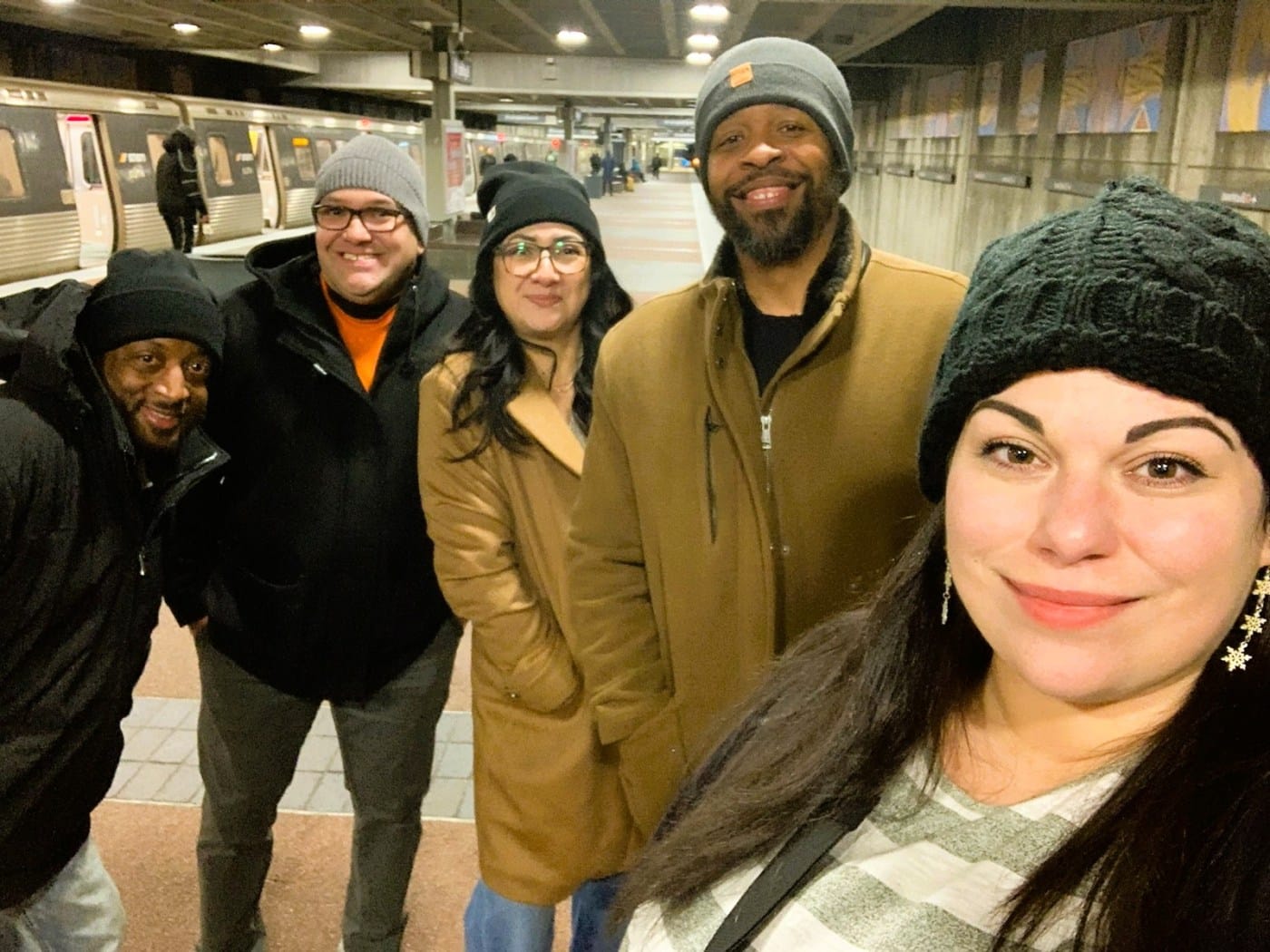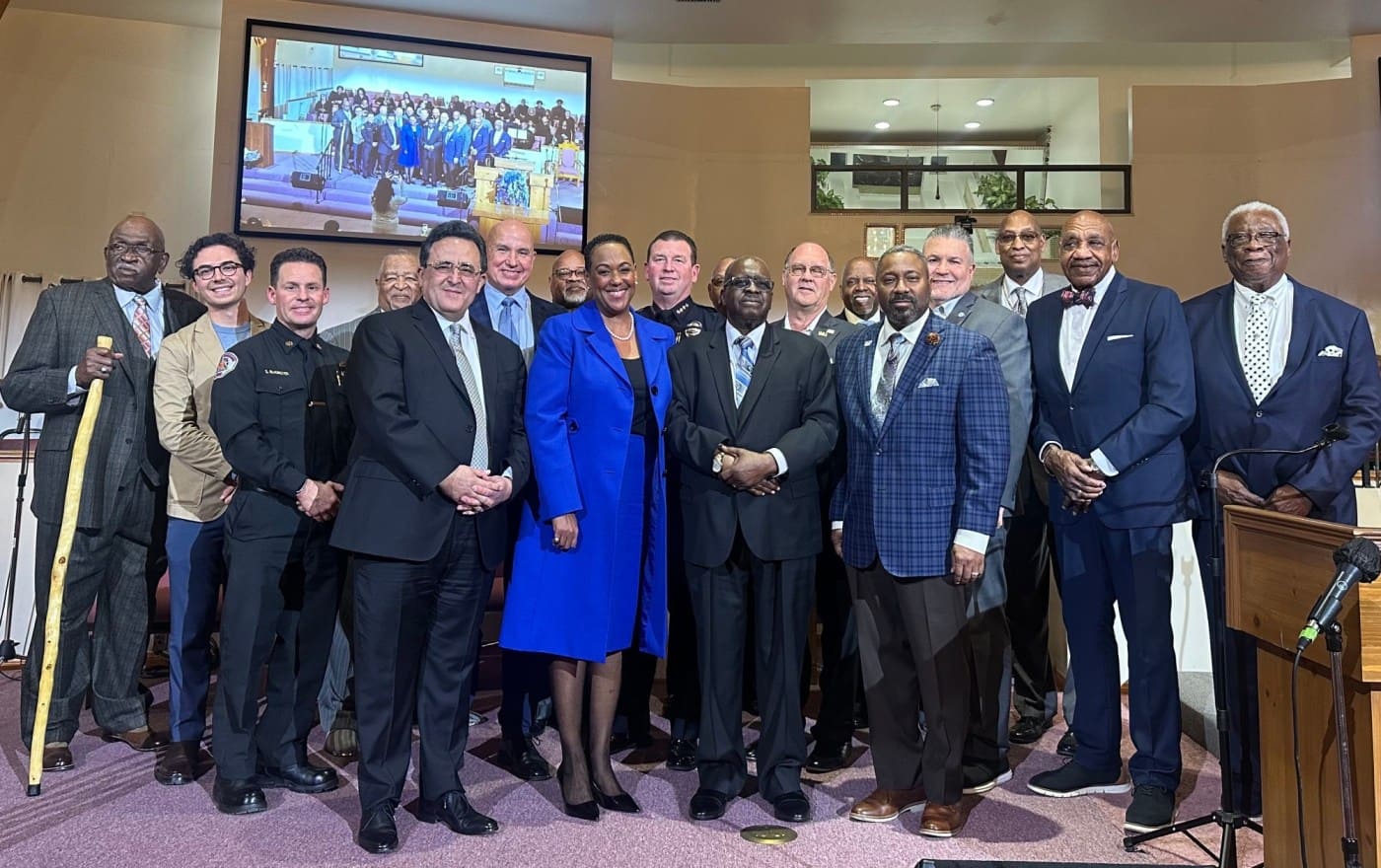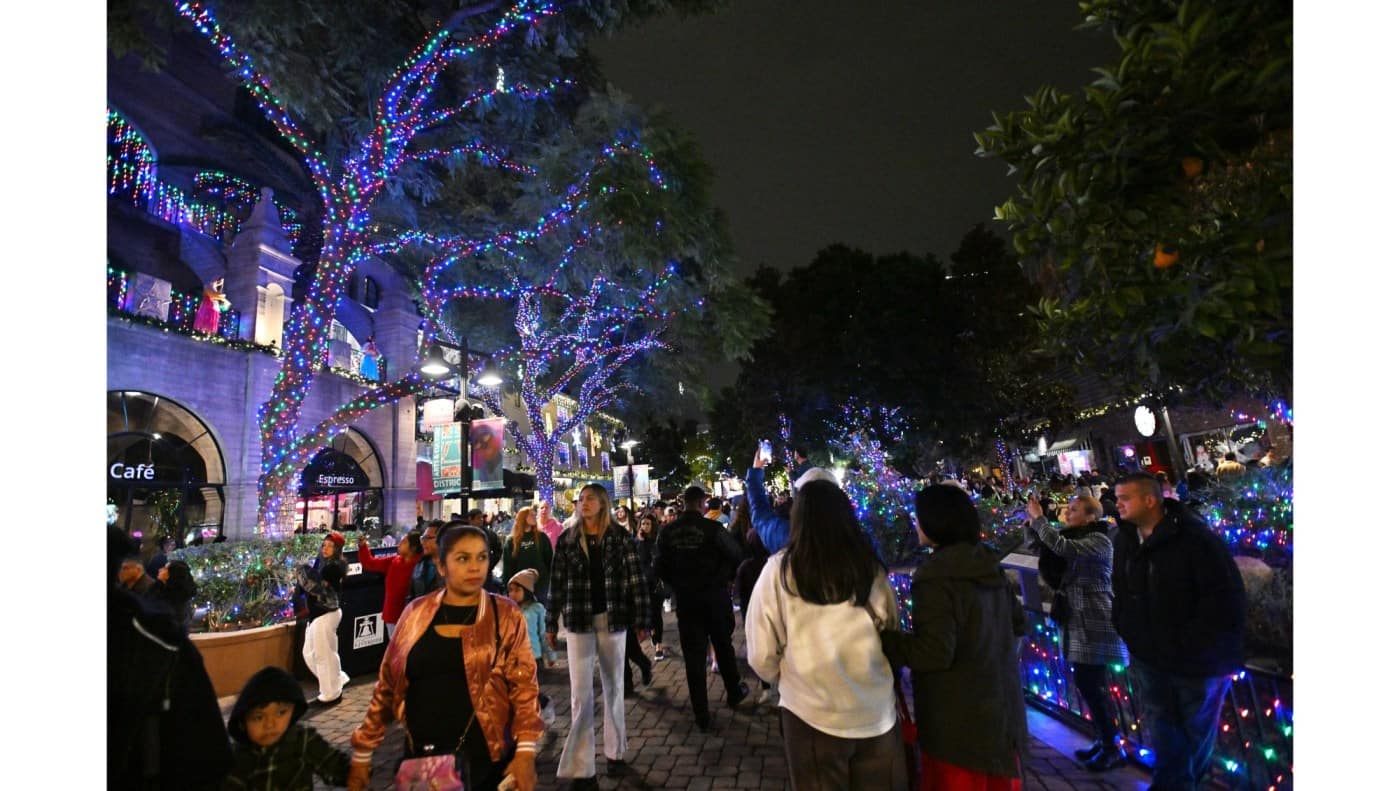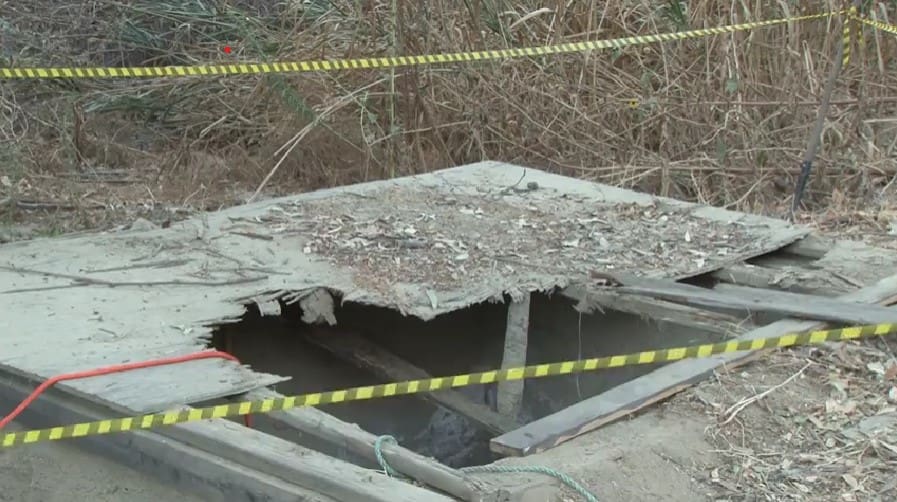By Greg Archer | Contributing Columnist
Operation SafeHouse, a Riverside-based nonprofit providing emergency shelter for runaway, homeless, and at-risk youth, will turn 35 in the coming year.
Julie Hale, the organization’s fund development director, is eager for residents to know more about the work they do as 2025 gets underway.
“We’ve been proudly serving Riverside County and we have our co-founders Amy S. Harrison and Susan Stark to thank for that,” Hale said. “They keep us going. We were basically established by people from Riverside County Department of Mental Health and Probation and other areas that really wanted to see a program like SafeHouse.”
Across more than three decades, the organization made significant strides in assisting at-risk youth between ages 11 and 17.
“About 95.5% were safe exits,” Hale said of the progress made. “That means these kids went home or we found another safe and stable environment for them to go to. We removed them from the streets, from being homeless.”
Recently Operation SafeHouse received grants from Inland Empire Community Foundation through the Fred Stebler and Eva V. Stebler Foundation Fund and the Riverside County ARPA Fund, which Hales said was an “awesome blessing.” Especially post-pandemic, coming off of challenges face with long-term funding during the COVID shutdown. The grant funding will be used for administrative expenses and be funneled toward staffing emergency shelter.

“We’re a staple here,” Hale said. “We’re the only organization that does this kind of program for that age range. We have two shelters, one here in Riverside, and one out in Thousand Palms, which is called SafeHouse of the Desert.”
Both shelters are vital.
Services include up to three weeks of emergency shelter, healthy meals, counseling, and attempts at family reunification. The nonprofit also offers an on-site education program, aftercare, and a 24-hour toll-free crisis line.
Hale said counseling by a licensed marriage and family therapist, or associate marriage and family therapists or marriage and family therapist interns is provided for those in the program. The nonprofit partners with several local universities and various online university programs, which add additional supervision for interns.
Another highlight is the nonprofit’s transitional living program.

“The county received a youth demonstration grant program from the Department of Health and Human Services, which actually funnels more than $7 million into older homeless youth programs — 18 through 24 years old,” Hale said.
These are significant measures offered by a determined agency committed to creating change.
“We are still the only transitional living program in the county that provides these services and it’s an all-encompassing service,” Hale said. “The youth live with us for up to 18 months. They’re provided an apartment rent-free, and while they’re there, we provide case management for them and counseling.
“We get them set up with any kind of documentation they might need because a lot of kids age out of foster care or other places. They don’t have their birth certificate or a Social Security card,” she said.
Case managers and staff work with individuals to get all that in sync and assist with signing individuals up for programs that could provide further assistance, such as mental health programs or food programs, Medi-Cal or Social Security Disability.
“We really work with them over the time that they’re living with us to provide life skills and assistance in gaining employment or going back to school and getting their GED,” Hale said. “The high percentage rate of success we have with these kids moving out and onto their own and into permanent housing is good. It breaks the cycle of homelessness.”
Learn more at operationsafehouse.org.
Inland Empire Community Foundation works to strengthen Inland Southern California through philanthropy. Visit iegives.org for more information.



